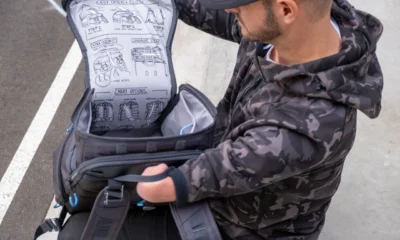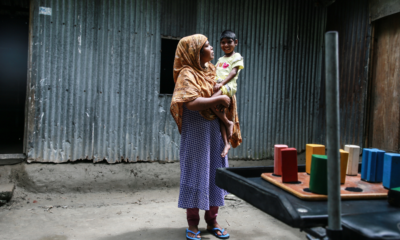Entertainment
Disabled Book Characters: Five of our Favourites

From Christopher John Francis Boone to Melody Brooks, here are five of our favourite disabled book characters
It’s easier to relate to characters who share similarities with you. So, for anyone with a disability, it’s refreshing to read about someone who has experienced and understands your personal struggles and limitations, but also has a story to tell and is more than capable of facing challenges head-on. There are lots of amazing disabled book characters out there, although some might argue there aren’t enough. Here are some you might want to add to your reading list to get started.
Christopher John Francis Boone
Christopher John Francis Boone is the main character in Mark Haddon’s The Curious Incident of the Dog in the Night-Time.
His autism means he doesn’t think or react in the same way as other people might when he discovers his neighbour’s dead dog. He sets out to solve the murder, and this gets him into a few sticky situations.
The book is well written by Haddon and goes inside the mind of someone with autism, giving those diagnosed with autism a character they can understand and relate to, while helping everyone else get a better understanding of how it feels.
There’s one particular scene which describes the process of Christopher trying to get on the tube and it shows his apprehension over a task that is a daily occurrence for most people, but is a big challenge to overcome for him.

Secrets Typed In Blood Book Cover
Lillian Pentecost
Lillian Pentecost is a character created by Stephen Spotswood in his A Pentecost and Parker Mystery Series. Lillian is described as an unorthodox private detective. She takes on another woman to help her (Will Parker) when the MS makes it difficult to keep up with her caseload.
Set in the 1940s, this noir series has two strong female characters in a time when women struggled more than they do today to be taken seriously. Combined with Lillian’s MS, it shows what women and people with a disability can do when the odds and other people’s expectations are stacked against them.
Reba McClane
Fans of Red Dragon by Thomas Harris will know Reba McClane is the blind co-worker who Francis Dolarhyde falls for. While the relationship may not be the healthiest, particularly because he tries to kill Reba, the FBI profiler, Will Graham later attributes her kindness to Dolarhyde killing fewer people than he might have if it wasn’t for her.
She may not be a major character in the book, compared to Dolarhyde and Graham but this makes her an integral part of the story and shows that it’s the small acts that can have the most impact. Reba is an inspiration to anyone wanting to make a difference.

Notre Dame © Pixabay
Quasimodo
It might seem strange to list Quasimodo as an interesting or inspiring disabled character, particularly when nobody would take being compared to him as a compliment. However, Victor Hugo’s famous character from The Hunchback of Notre Dame experienced more than his fair share of persecution.
Unfortunately, this is something many disabled people can relate to. He was born with a hunch that set his appearance apart from other people and later became deaf. His basic nature was kind, but he was led to commit violence by others who used him for their own gain, or when he is forced to defend himself.
His kindness gradually wins the friendship of his love interest, Esmeralda. Although this turns tragic, the emotions he shows so strongly show he is as deserving of love and friendship as anyone else, perhaps more so.
Melody Brooks
Melody Brooks is the main character in Out of My Mind and Out of My Heart by Sharon M. Draper. Being unable to walk, talk or write because of her Cerebral Palsy poses challenges, but doesn’t stop her from being the smartest kid in her school, even though nobody else realises it. Her photographic memory means she can remember every detail from every experience in her life. Because she can’t demonstrate this, everyone writes her off, dismissing her as mentally challenged.
The books and Melody’s character are great for helping others realise that there is often more beneath the surface than a person’s disability.
If you read and enjoy any of the books mentioned in this article, make sure you share them with your friends and family, disabled or not, because we all have something to learn and can take inspiration from these books and the characters inside them.
Entertainment
Peeling Back the Uniform: A Glimpse into the Life of a PCSO
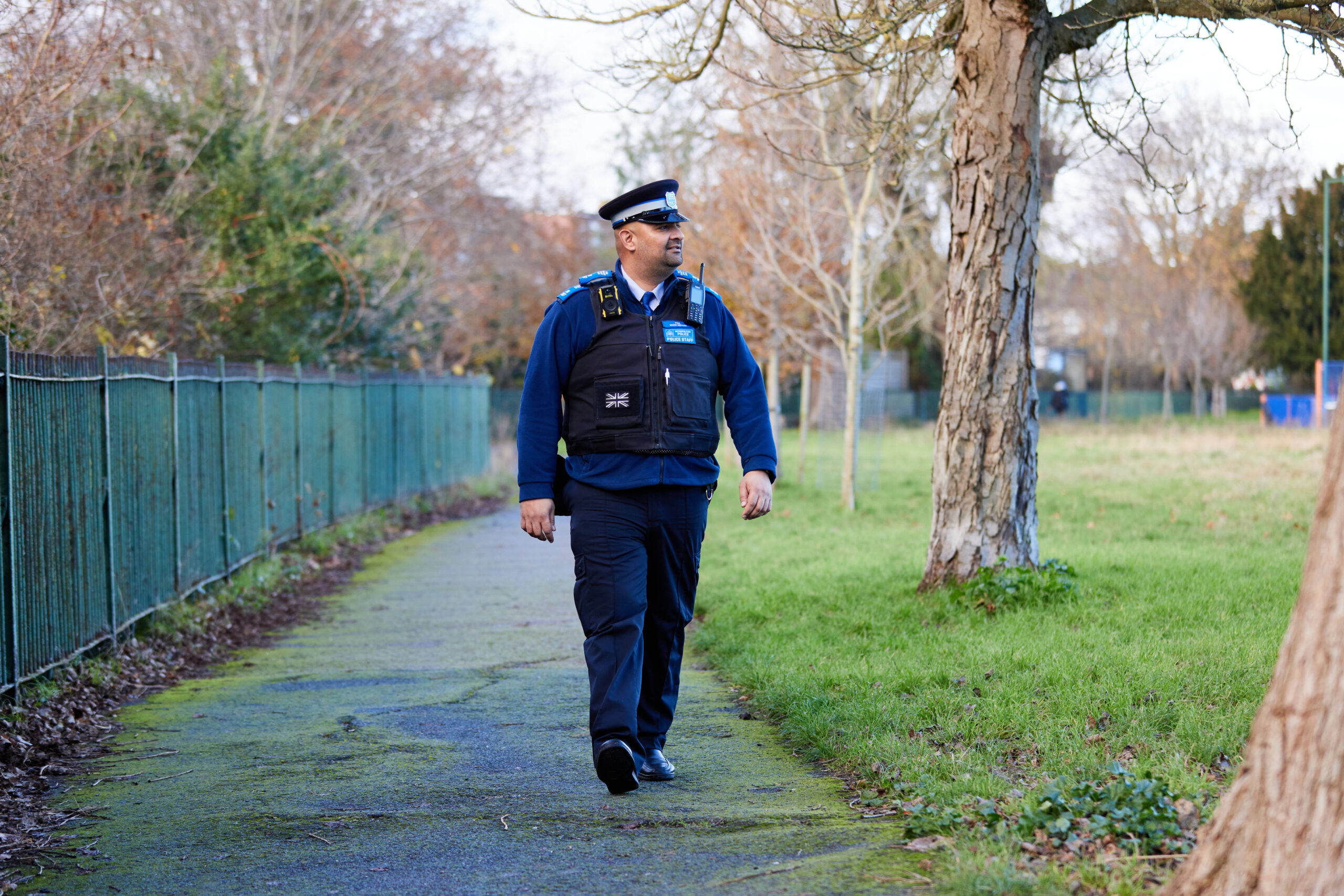
In a time when strengthening the bond between law enforcement and the communities they serve is more important than ever, initiatives like the campaign showcasing the lives of Police Community Support Officers (PCSOs) beyond their professional duties are truly inspiring. The United Kingdom’s policing landscape is filled with exciting opportunities, as officers like Nazim, a dedicated PCSO with the Metropolitan Police, adapt to the evolving and vibrant community dynamics shaped by immigration.
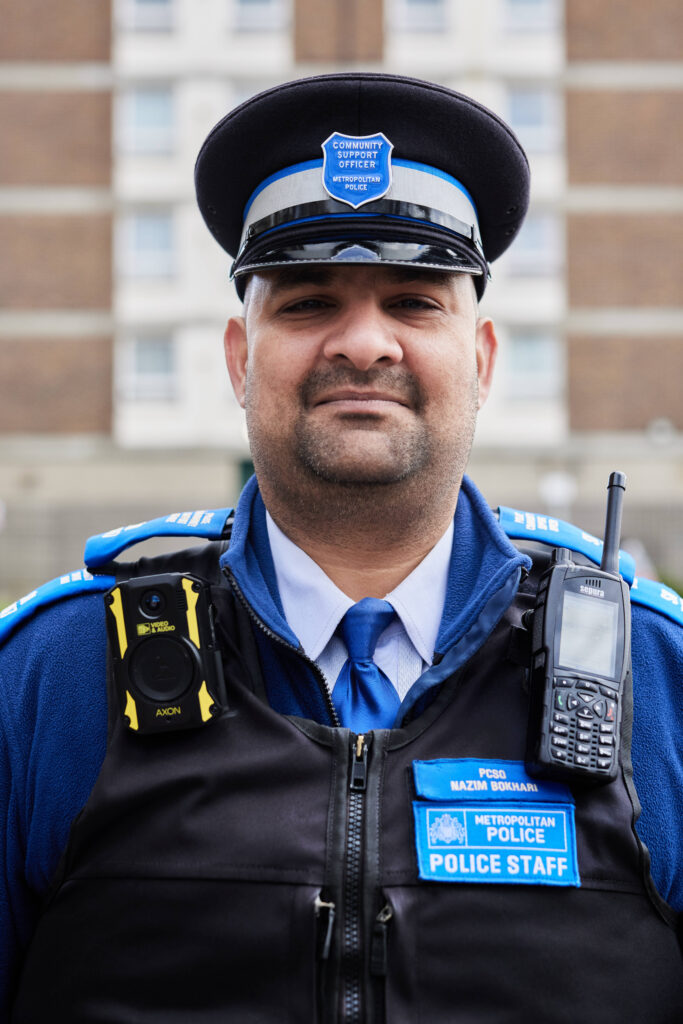
Nazim recently shared his story in an engaging and insightful interview, where he opened up about his motivations, challenges, and personal life. His journey into law enforcement is a reflection of the positive transformation within the UK’s policing sector. While budget limitations exist, officers like Nazim are proof of the creativity and dedication that fuel the profession, overcoming obstacles to make a meaningful impact.
Nazim’s choice to enter law enforcement was driven by a desire for both stability and a fulfilling career. With a background as a barista for over a decade, he sought a new path where he could truly make a difference in people’s lives. Becoming a Police Community Support Officer not only brought him career stability but also allowed him to positively impact his community every day.
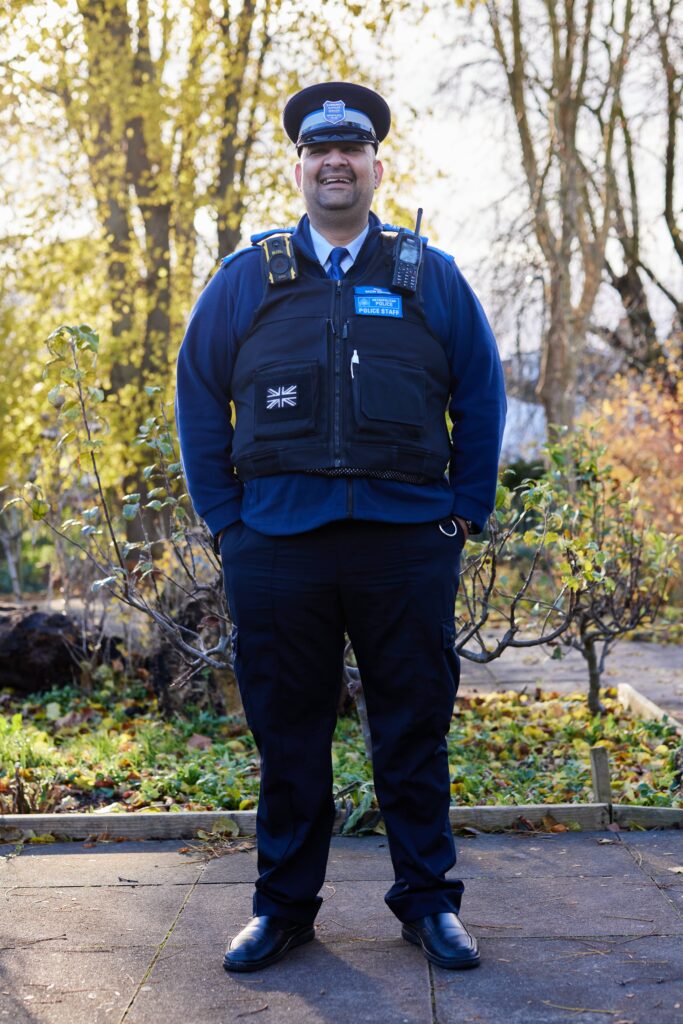
As a proud representative of his diverse community, particularly the Indian and Pakistani communities in London, Nazim stresses the importance of cultural understanding and effective communication. “It’s incredibly diverse. You need to represent people with a real understanding of their culture,” he explains. His role keeps him closely connected with the community, working hand-in-hand with neighbourhood police officers and other partners to prevent and detect crime, making a difference where it matters most.
Though his role comes with challenges, such as addressing anti-social behaviour to keep public spaces safe and welcoming for all, Nazim faces these with determination. He understands the significance of his work in fostering community safety and building trust. One of his most rewarding experiences was when his swift intervention saved a life. Discovering someone in distress, he acted quickly to ensure they received the care they needed—an inspiring example of how PCSOs contribute to the well-being of their communities.
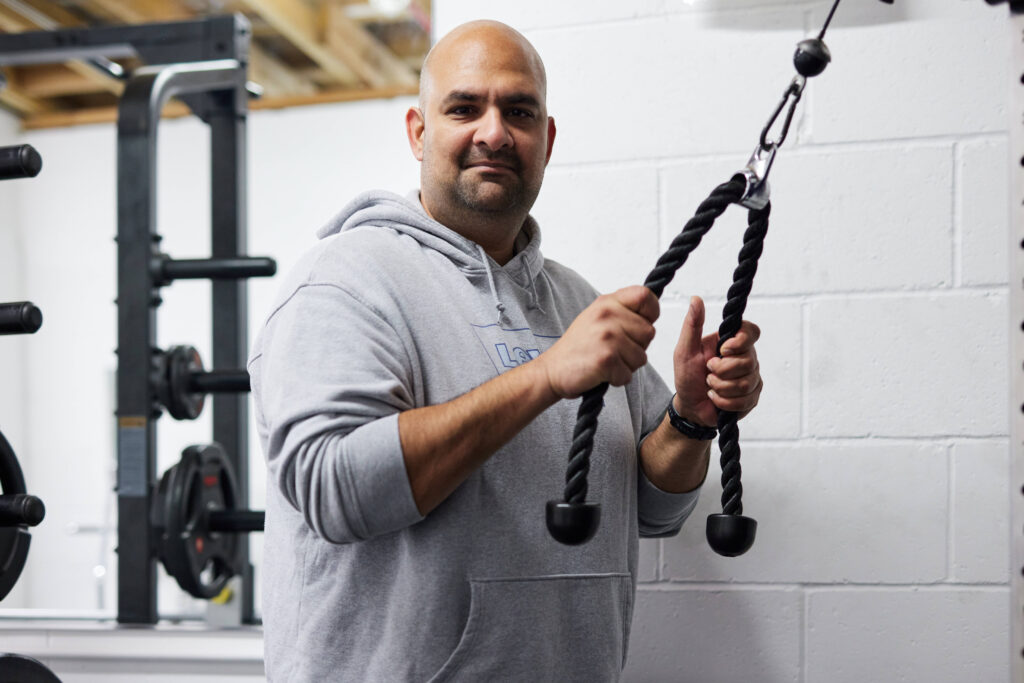
Nazim is passionate about the fulfilling aspects of his role, especially the everyday interactions with the people he serves. “We deal with the issues that really affect everyday life—neighbourhood concerns,” he says, highlighting the essential role PCSOs play in promoting public safety and strengthening community bonds.
When he’s not in uniform, Nazim finds peace and joy in his personal life, particularly through the simple pleasures of fatherhood. “Spending time with my 11-month-old baby is my way of relaxing,” he shares, underscoring the importance of work-life balance and the personal connections that ground him.
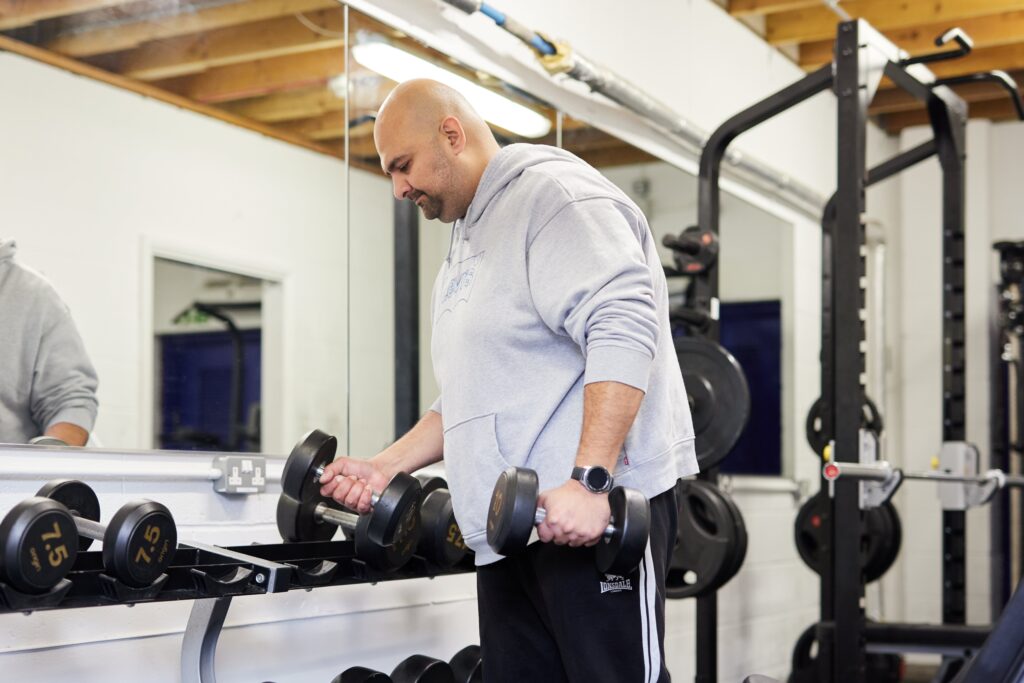
Nazim’s story beautifully captures the harmonious blend of his professional dedication and personal life, portraying him as both a compassionate officer and a devoted family man. His journey reminds us of the humanity behind the uniform—a heartwarming testament to how serving others not only strengthens communities but also nurtures the soul, bridging the gap between law enforcement and the people they serve.
Entertainment
11 Great Films and TV Series Featuring Prominent Disabled Characters
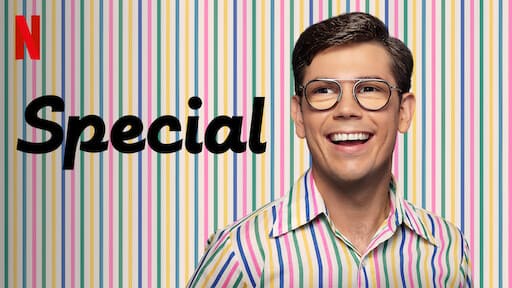
In the realm of film and television, representation matters more than ever. Stories featuring disabled characters not only provide visibility but also foster empathy and understanding. Here, we celebrate Eleven outstanding films and TV series that showcase prominent disabled characters, highlighting their journeys, struggles, and triumphs.
1. “The Theory of Everything” (2014)
Based on the life of renowned physicist Stephen Hawking, this biographical film beautifully portrays his battle with motor neuron disease. Eddie Redmayne’s Oscar-winning performance captures not only Hawking’s genius but also the emotional depth of living with a progressive disability. The film emphasizes love, resilience, and the challenges faced by those with disabilities.
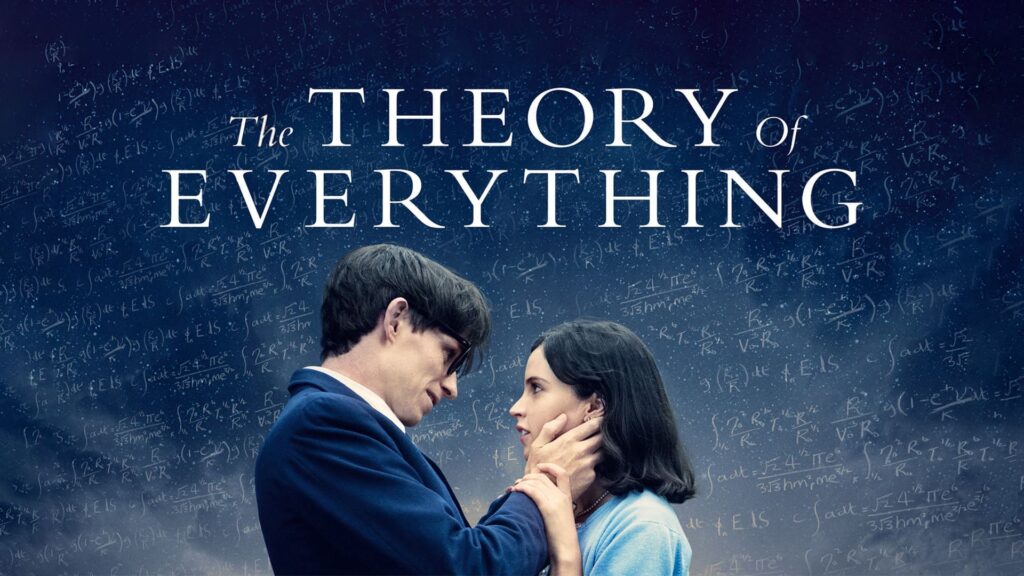
2. “Atypical” (2017-2021)
This Netflix series follows the life of an 18-year-old on the autism spectrum, Sam, as he navigates relationships and independence. “Atypical” offers a fresh perspective on autism, blending humor and heartfelt moments while showcasing the importance of family and acceptance.
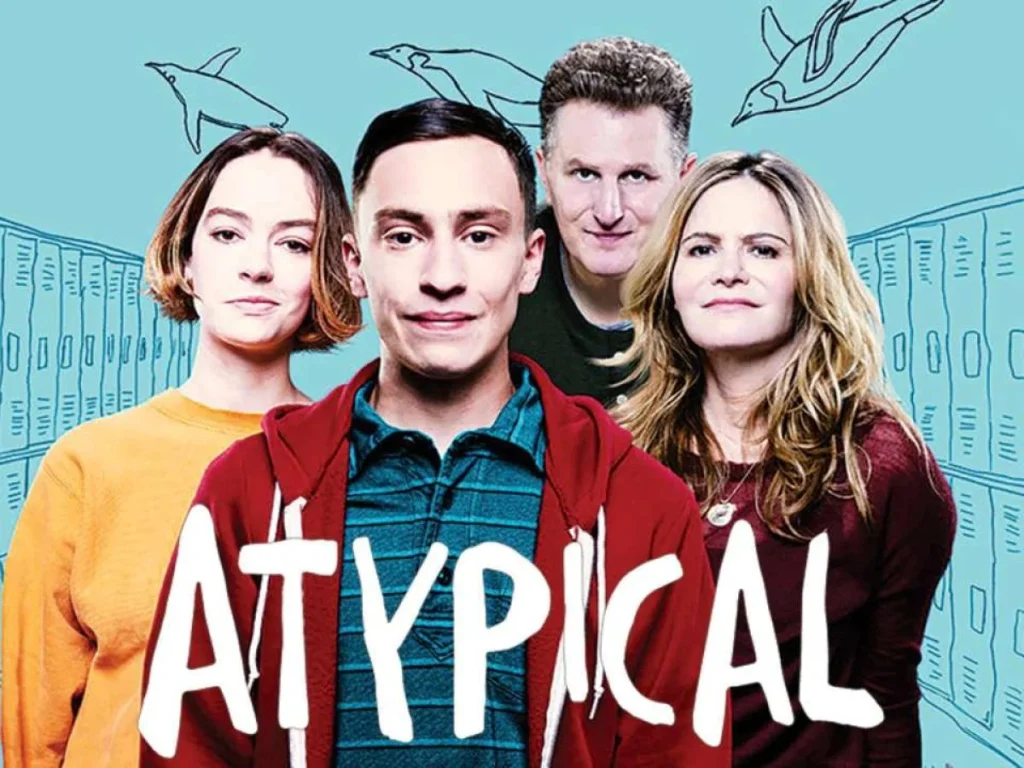
3. “Crip Camp: A Disability Revolution” (2020)
This documentary takes viewers to a summer camp for disabled teenagers in the 1970s, which became a catalyst for the disability rights movement. “Crip Camp” not only recounts personal stories but also emphasizes the importance of community and activism in the fight for equality.

4. “Champions” (2023)
This heartwarming sports comedy follows the journey of Marcus, a disgraced basketball coach ordered by the court to train a team of players with intellectual disabilities as community service. The film is a blend of humor and heartfelt moments, exploring themes of acceptance, growth, and the power of teamwork.
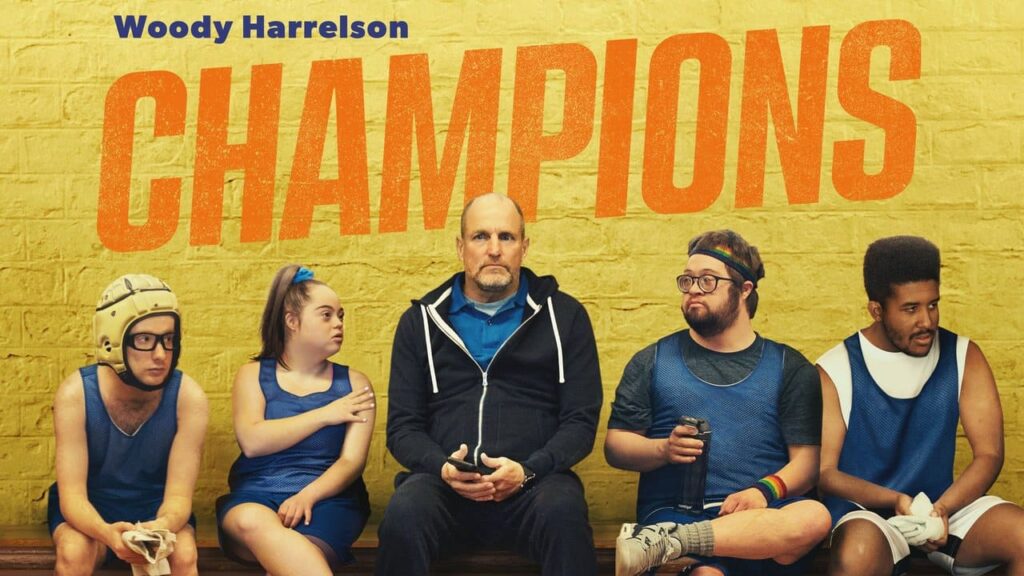
5. “Speechless” (2016-2019)
This comedy series centers on a family with a special needs child, focusing on the dynamics of parenting and the challenges they face. The show offers laughter and insight, portraying disability in a relatable and heartfelt manner while emphasizing the importance of love and support.

6. “A Quiet Place” (2018)
This groundbreaking horror film features a deaf character, played by Millicent Simmonds, who navigates a post-apocalyptic world. The film uses American Sign Language and highlights the strength and resilience of disabled individuals in the face of danger, redefining traditional horror narratives.
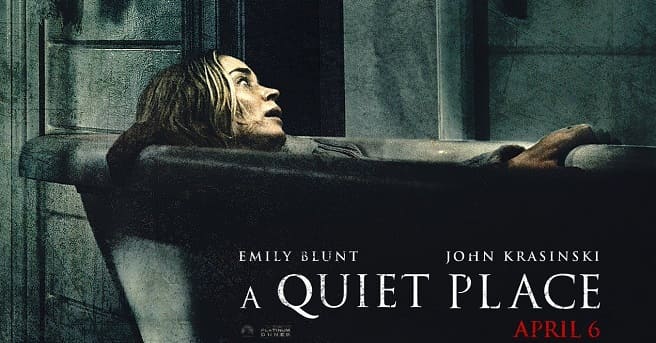
7. “Wonder” (2017)
Based on the bestselling novel, “Wonder” tells the story of Auggie Pullman, a boy with facial differences. The film beautifully captures themes of kindness, acceptance, and the importance of empathy, encouraging viewers to look beyond appearances and appreciate individual struggles.
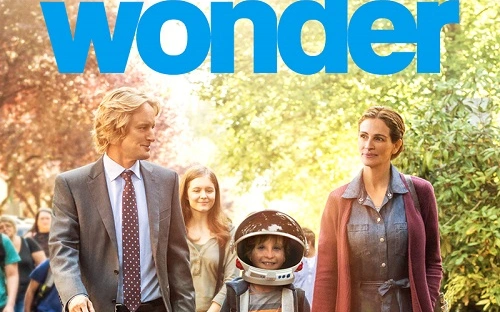
8. “The Intouchables” (2011)
This French film tells the heartwarming story of an unlikely friendship between a wealthy quadriplegic man and his caregiver from a humble background. The film is a celebration of life, friendship, and the power of human connection, breaking down stereotypes about disability.
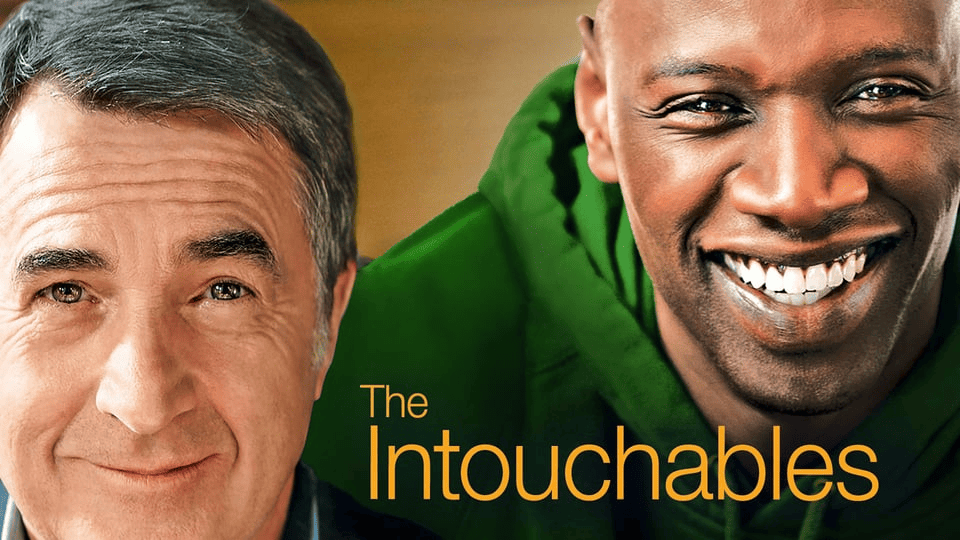
9. “Special” (2019-2021)
This groundbreaking series offers a refreshing and heartfelt portrayal of a gay man with cerebral palsy, based on the memoir of Ryan O’Connell, who also stars. “Special” invites viewers to laugh, cry, and reflect on the universal journey of finding one’s place in the world.

10. “The Fundamentals of Caring” (2016)
This indie film follows a caregiver who forms an unlikely bond with a teenager with muscular dystrophy. Their road trip adventure becomes a journey of self-discovery, reminding viewers of the importance of connection and understanding between individuals of different abilities.
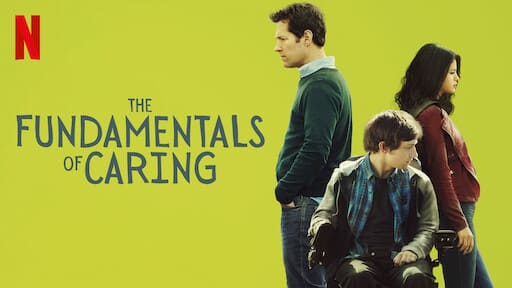
11. “Switched at Birth” (2011-2017)
This groundbreaking series features a deaf character, Daphne, and incorporates American Sign Language into its narrative. The show explores themes of identity, family, and the challenges faced by the deaf community, providing a platform for authentic representation.

Conclusion
These films and television series not only entertain but also enlighten audiences about the diverse experiences of disabled individuals. By showcasing their stories, we can foster greater understanding and empathy, paving the way for a more inclusive future in the entertainment industry. Celebrating the representation of disabled characters reminds us that everyone has a story worth telling.
Entertainment
Tory Leadership Hopefuls Fail to Address Disabled People’s Issues in Leadership Bids
The four candidates vying to become the next leader of the Conservative Party – Kemi Badenoch, James Cleverly, Robert Jenrick, and Tom Tugendhat – have overlooked key issues affecting disabled people in their leadership pitches. During speeches aimed at MPs and party members, none of the candidates made significant references to the barriers faced by disabled individuals.
Lack of Focus on Disability Issues
Despite touching on a variety of topics, such as cutting taxes, reducing migration, and defense, the candidates failed to discuss crucial matters related to disabled people, such as social care, accessible housing, transportation, or social security. While all four candidates briefly mentioned the NHS, no comprehensive plan to support disabled individuals was included in their speeches.
Jenrick’s Brief Welfare Mentions
Robert Jenrick referenced welfare twice in his speech, first claiming the Conservative Party had created a “fairer welfare system.” However, he then criticized the system, claiming it was part of the public sector that was “not working as it should.” Unfortunately, no specific mention was made of how these policies impact disabled individuals.
Attacks on Human Rights Laws
Both Badenoch and Jenrick criticized human rights laws during their pitches. Badenoch, in particular, pledged to reform the Equality Act and attacked “identity politics,” while Jenrick promised to abolish the Human Rights Act and leave the European Convention on Human Rights. Neither outlined how these actions would affect the rights of disabled people.
Cleverly and Tugendhat on Economic Focus
James Cleverly and Tom Tugendhat focused their speeches on the economy, promising to improve infrastructure, reduce childcare costs, and build more homes. Tugendhat emphasized reducing migration and fixing skills gaps but did not offer solutions for issues facing disabled individuals.
Conclusion
Despite various policy discussions, all four Tory leadership candidates ignored disabled people in their leadership pitches. As of today, none have provided any responses to requests for details on policies addressing disabled people’s needs.



